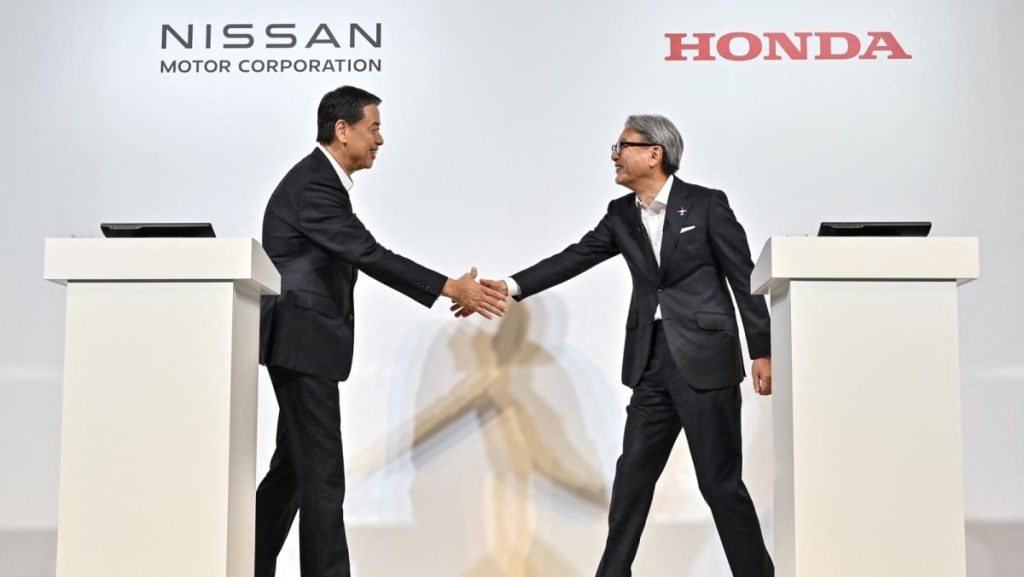The global automotive industry is undergoing a seismic shift, driven by the increasing demand for electric vehicles (EVs), particularly in China. This transformation has created both challenges and opportunities for established automakers, leading to potential mergers, acquisitions, and strategic partnerships. Japanese auto giants Honda and Nissan, facing pressure from rising Chinese EV manufacturers, are reportedly initiating merger talks to bolster their competitiveness in this rapidly evolving market. Nissan, grappling with financial struggles and a turbulent recent history, appears particularly vulnerable, making it a potential target for acquisition or strategic investment.
Nissan’s financial woes, including a significant drop in profits and substantial debt, make a merger with Honda a potentially attractive solution. The merger would allow both companies to pool resources, share development costs, and achieve economies of scale in EV production. This collaboration is crucial in the face of mounting expenses associated with EV and battery technology development and recycling. Furthermore, a merger would enable Honda and Nissan to expand their EV lineups and potentially gain a stronger foothold in the Chinese market, where domestic brands like BYD are currently dominating.
Adding to the intrigue surrounding Nissan’s future is the reported interest from Taiwanese electronics giant Foxconn. Known primarily for manufacturing electronic devices for companies like Apple, Foxconn is actively seeking to expand its presence in the automotive sector. Reports indicate that Foxconn has approached Renault, which holds a significant stake in Nissan, with a proposal to acquire its shares. This potential acquisition could significantly reshape the landscape of the global automotive industry, bringing a major electronics manufacturer into the heart of vehicle production.
The challenges faced by Honda and Nissan reflect a broader trend in the automotive industry, where traditional manufacturers are struggling to keep pace with the rapid advancements in EV technology and the shifting consumer preferences towards cleaner transportation. The rise of Chinese EV manufacturers, supported by government incentives and a burgeoning domestic market, has put significant pressure on foreign brands, particularly in China. Companies like Volkswagen and Stellantis are also feeling the heat, highlighting the widespread impact of this industry transformation.
The potential Honda-Nissan merger underscores the growing importance of strategic alliances and consolidations in the automotive sector. By combining their strengths and resources, these companies aim to mitigate the financial risks associated with EV development, expand their product offerings, and compete more effectively against emerging players in the market. The outcome of these talks, along with Foxconn’s pursuit of Nissan shares, will significantly impact the future trajectory of these companies and the wider automotive landscape. Furthermore, the involvement of Mitsubishi Motors, in which Nissan holds a majority stake, in the Honda-Nissan software and component partnership further complicates the picture and highlights the interconnectedness of the Japanese automotive industry.
The evolving dynamics of the automotive industry, marked by the rise of EVs and the increasing prominence of Chinese manufacturers, are forcing established players to adapt and explore new strategies for survival and growth. The potential Honda-Nissan merger, along with Foxconn’s interest in Nissan, exemplifies this trend. The outcome of these developments will have far-reaching consequences for the global automotive industry, shaping the competitive landscape and influencing the future direction of vehicle technology and production. The increasing focus on EVs, driven by environmental concerns and government regulations, is fundamentally reshaping the industry, creating both opportunities and challenges for automakers worldwide.

